MOT test 2018: new rules come into effect - what’s changed?
Tighter limits for diesel emissions but classic cars no longer need to have annual check
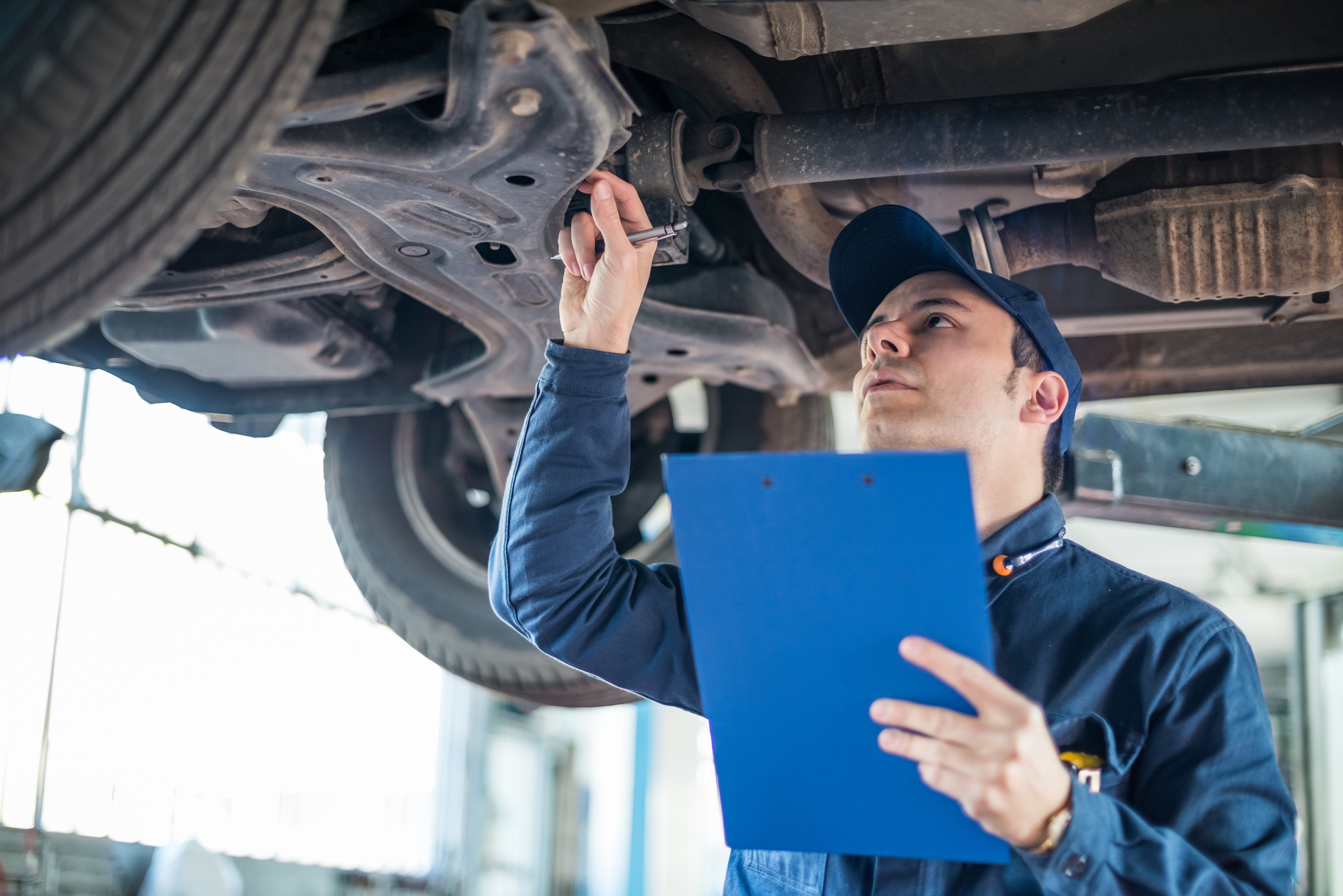
A free daily email with the biggest news stories of the day – and the best features from TheWeek.com
You are now subscribed
Your newsletter sign-up was successful
Car owners may be facing bigger bills to keep their vehicles on the road following the launch of the new MOT test yesterday.
The new test targets diesel cars, with stricter emissions tests and inspections of vehicle exhaust systems, in a bid to reduce pollution.
All faults will be classified into three categories under the new rules, which are also aimed at improving road safety.
The Week
Escape your echo chamber. Get the facts behind the news, plus analysis from multiple perspectives.

Sign up for The Week's Free Newsletters
From our morning news briefing to a weekly Good News Newsletter, get the best of The Week delivered directly to your inbox.
From our morning news briefing to a weekly Good News Newsletter, get the best of The Week delivered directly to your inbox.
Here are the big changes introduced in the MOT revamp:
Stricter tests for diesels
MOT test centres will now be required to closely inspect the diesel particulate filter (DPF) on cars using the fuel.
Unlike the old test, in which engineers passed or failed the DPF through a visual inspection, the filters will need to be removed and examined in the new test.
A free daily email with the biggest news stories of the day – and the best features from TheWeek.com
Cars that have had their DPFs removed or tampered with will immediately fail the test, The Sun reports. This could affect a significant amount of diesel owners as “a large number” have the DPF modified because it can frequently become clogged.
The visible smoke test will also be more strict, the paper adds, which could lead to more diesels failing if any sign of smog can be seen.
Minor, major and dangerous
Vehicle faults are now divided into three different categories: minor, major and dangerous.
Cars with a minor fault can still be driven on the road after the test, but drivers are advised to get their vehicle repaired “as soon as possible”, says the Daily Express. These issues are similar to advisories on the old MOT test.
Issues are categorised as major if they “may affect the vehicle’s safety” or “put other road users at risk”, the newspaper says.
The owner will still be permitted to leave the test facility in the vehicle, but must carry out the necessary repairs immediately. A retest must be arranged once the repairs have been completed.
The most serious car faults are categorised as dangerous, meaning the car cannot be safely driven on public roads, says Auto Express.
For instance, a loose steering wheel that could potentially become detached would be classed as a dangerous defect.
Examiners will automatically fail a car if any warning light is illuminated on the dashboard, the Daily Mirror adds.
All faults will be recorded on the vehicle’s MOT certificate and online record, the newspaper says.
More older cars are exempt from an MOT
Drivers with a car aged 40 years or older will no longer be required to have an MOT test to legally drive on UK roads.
The move will affect around 500,000 vehicles, the Daily Express says, which equates to around 1.5% of the 31.7 million cars registered in the UK.
Previously, only cars registered in or prior to 1960 were exempt from a mandatory MOT test, the newspaper says.
What else has changed?
Testers will now check steering systems and will fail a car if a steering box has a “heavy leak”, according to What Car?, while brake discs will be checked for signs of ware.
Lastly, cars will fail the MOT test if their reversing lights are significantly worn or the bulbs have blown, the website says.
How does the new test affect car owners and buyers?
If a driver is caught behind the wheel of a car that has failed its MOT and has not undergone the required repairs, they will be fined up to £1,000, says Metro.
These penalties also apply to drivers who continue to use their car after the vehicle’s MOT certificate has expired. Drivers can sign up on the Government’s driving and transport site to receive free text messages to remind them when their car is due a test.
Anyone looking to buy a new diesel car should check with the seller that the vehicle is fitted with a diesel particulate filter (DPF), WhatCar? says. Cars without a DPF score an instant fail under the new MOT test. It is already illegal to drive a car if its filter has been tampered with or removed.
All post-2010 diesel cars come equipped with DPFs, which can cost “several hundred pounds” to repair or replace, the website says. Buyers are advised to check the dashboard lights before buying a second-hand car, as an engine warning light may indicate a problem with the vehicle’s DPF.
-
 6 of the world’s most accessible destinations
6 of the world’s most accessible destinationsThe Week Recommends Experience all of Berlin, Singapore and Sydney
-
 How the FCC’s ‘equal time’ rule works
How the FCC’s ‘equal time’ rule worksIn the Spotlight The law is at the heart of the Colbert-CBS conflict
-
 What is the endgame in the DHS shutdown?
What is the endgame in the DHS shutdown?Today’s Big Question Democrats want to rein in ICE’s immigration crackdown
-
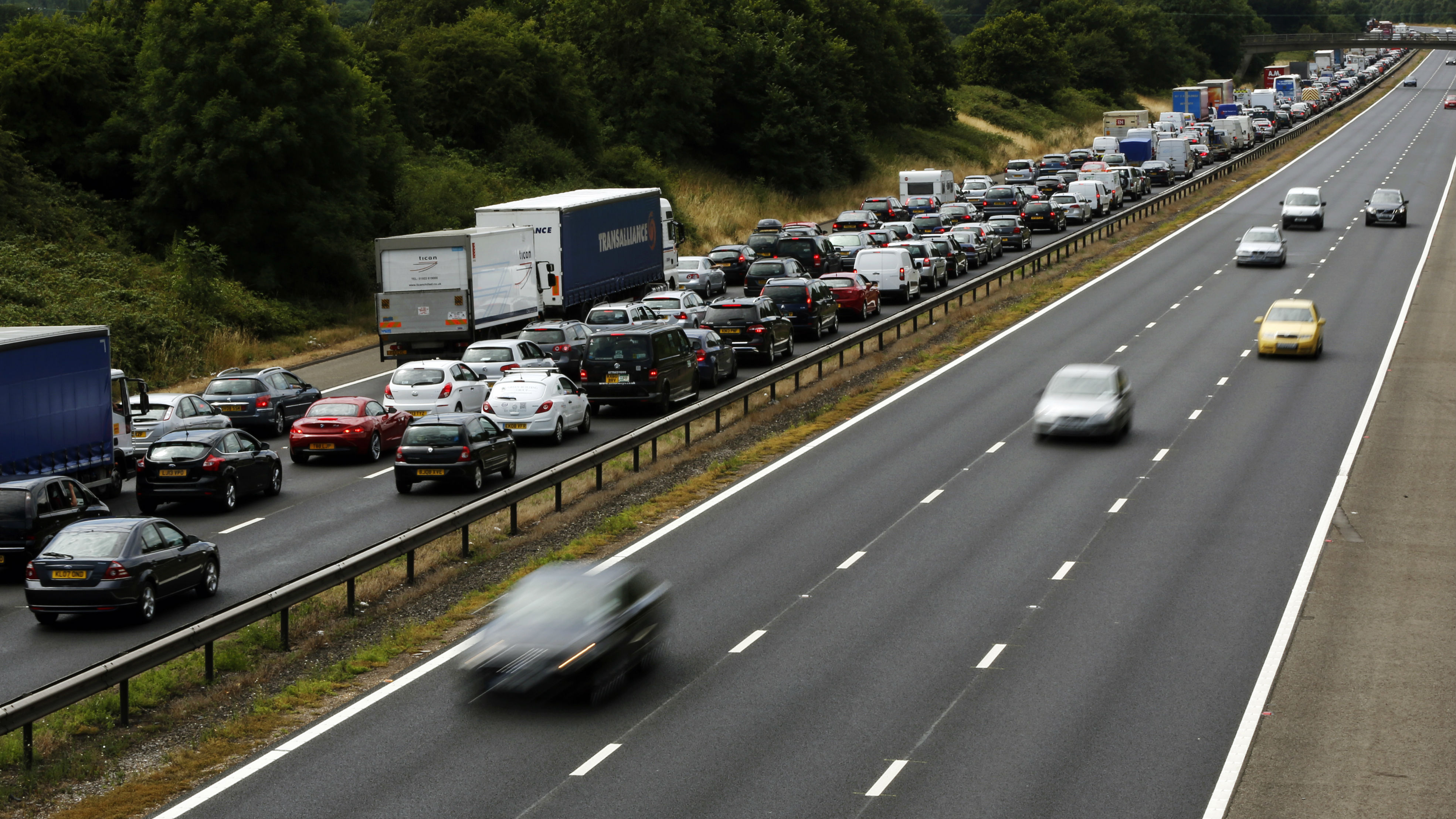 UK car sales collapse to six-year low as ‘perfect storm’ hits
UK car sales collapse to six-year low as ‘perfect storm’ hitsSpeed Read New figures show Brexit and emissions uncertainty are taking toll
-
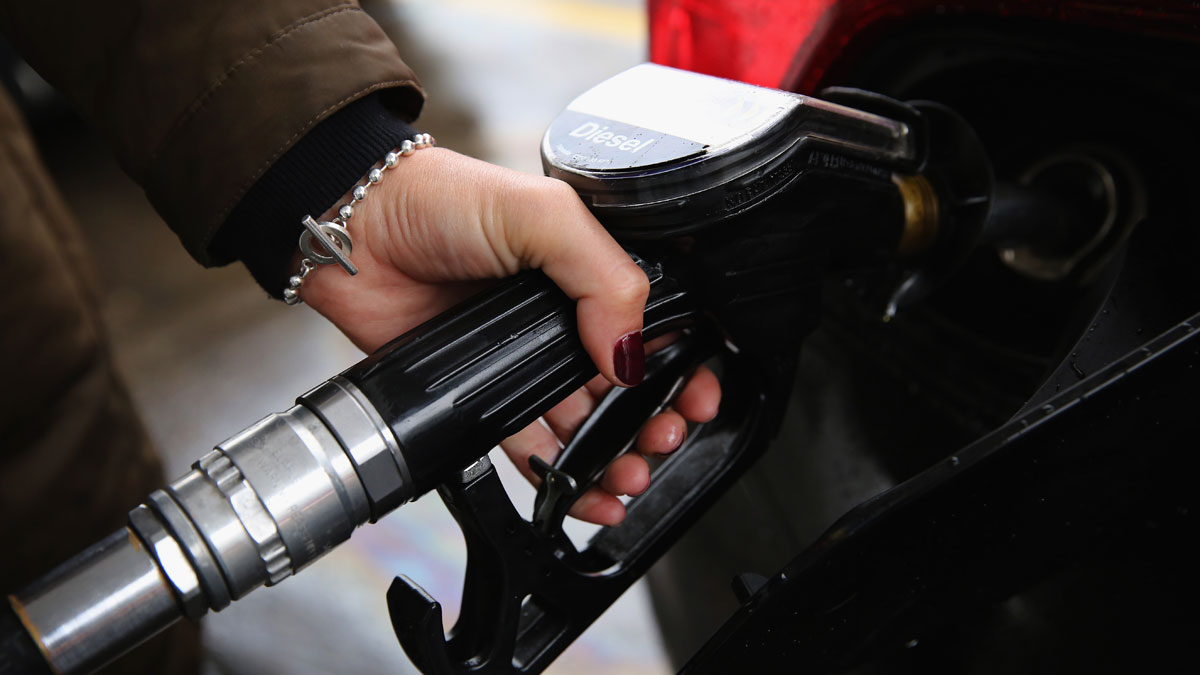 How clean are new diesel cars?
How clean are new diesel cars?Speed Read New research finds cars using the controversial fuel produce ‘almost no NOx gases’
-
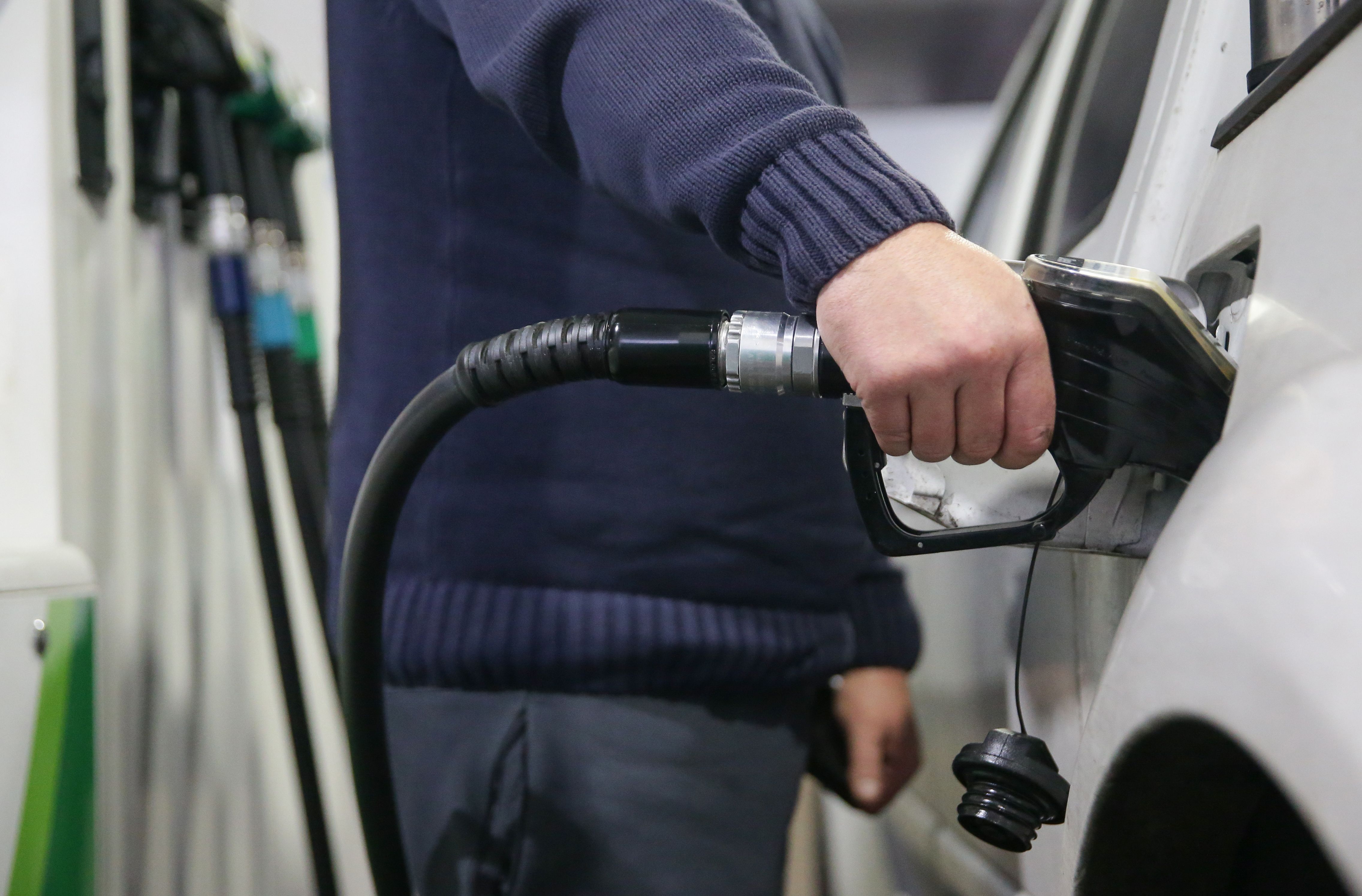 Diesel cars pros and cons: should you buy one this year?
Diesel cars pros and cons: should you buy one this year?In Depth Vehicles using the fuel are now more expensive to tax, but are they still the best option for high-mileage drivers?
-
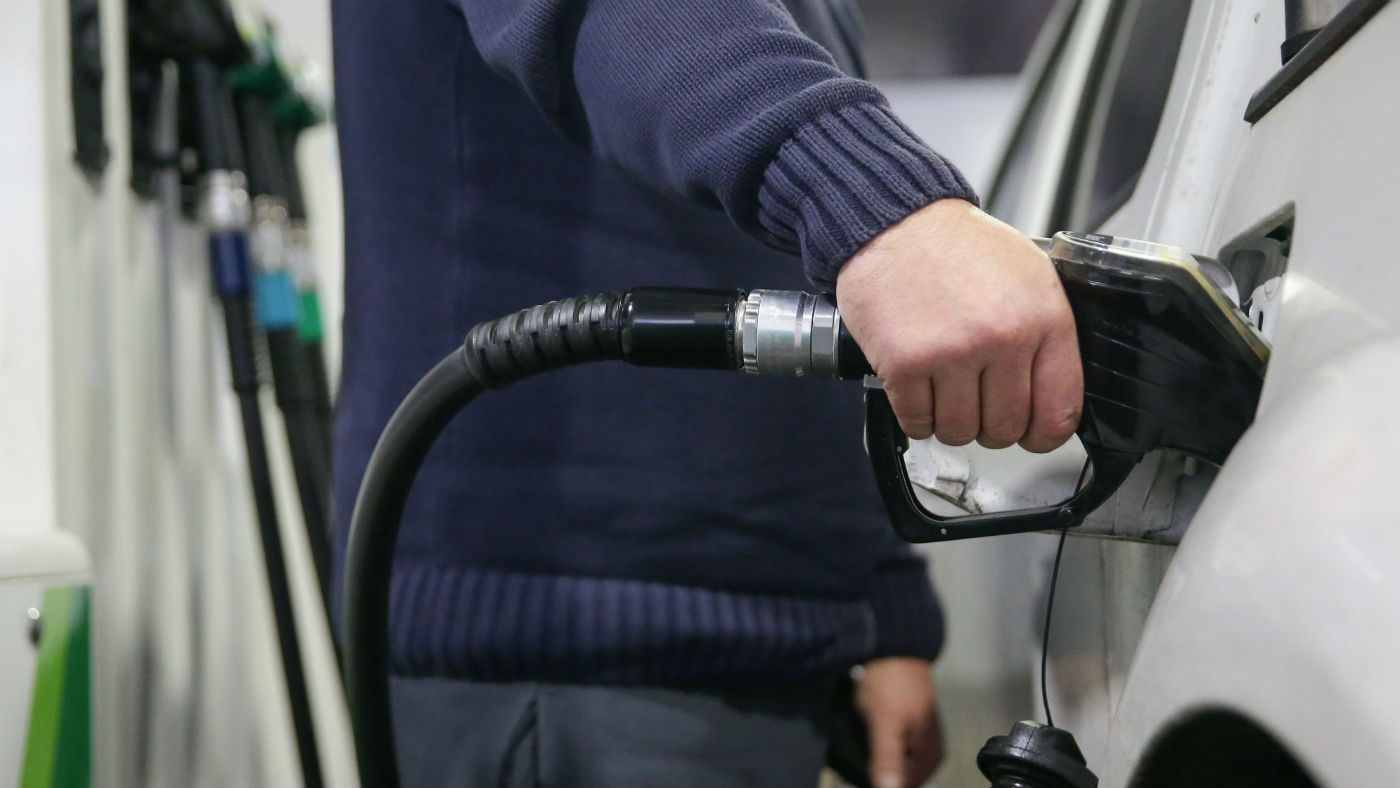 Why fuel prices are rising at fastest rate in 18 years
Why fuel prices are rising at fastest rate in 18 yearsSpeed Read Soaring oil prices and weak pound blamed, but are customers still being short-changed?
-
 Petrol and diesel ban UK: which cars will be affected?
Petrol and diesel ban UK: which cars will be affected?In Depth The clean car strategy starts in 2040 and only electrified vehicles are exempt
-
 Carbon emissions rise as diesel sales plummet
Carbon emissions rise as diesel sales plummetSpeed Read Experts blame the Government’s ‘anti-diesel’ rhetoric and the growing number of SUVs
-
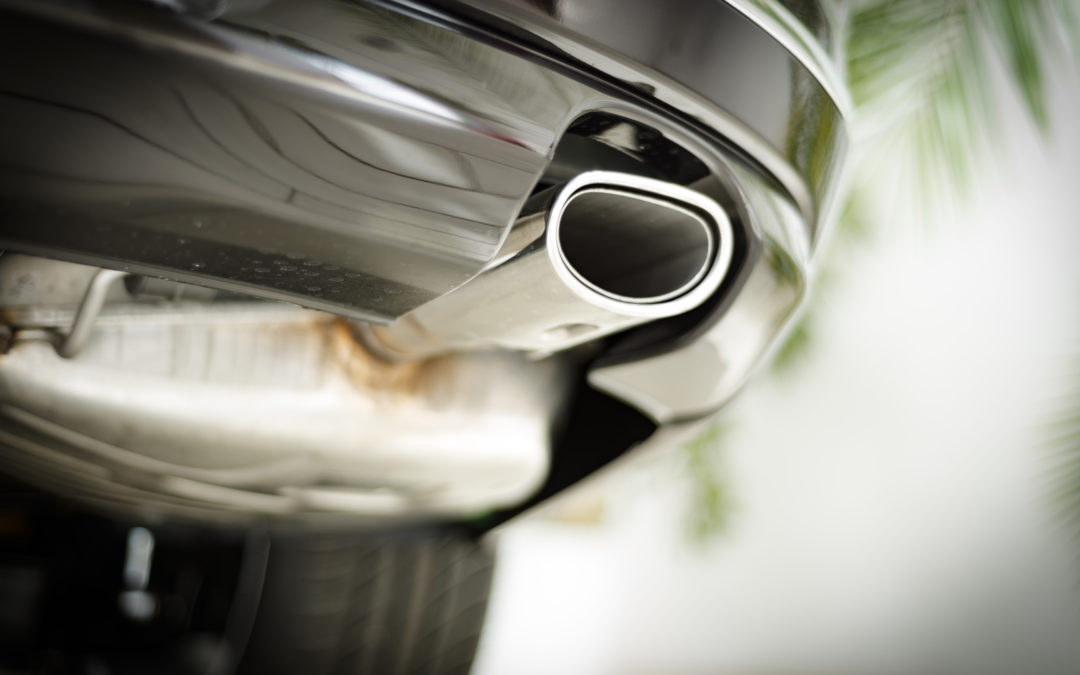 Infographic: how clean is a modern diesel?
Infographic: how clean is a modern diesel?In Depth The latest diesels are as clean as their petrol counterparts, driven by regulations and technology. We show how clean they really are
-
 The evolution of diesel and the many secrets of Euro 6
The evolution of diesel and the many secrets of Euro 6feature What the Euro 6 emission regulations mean for the UK car buyer – and why the latest diesels are the cleanest ever